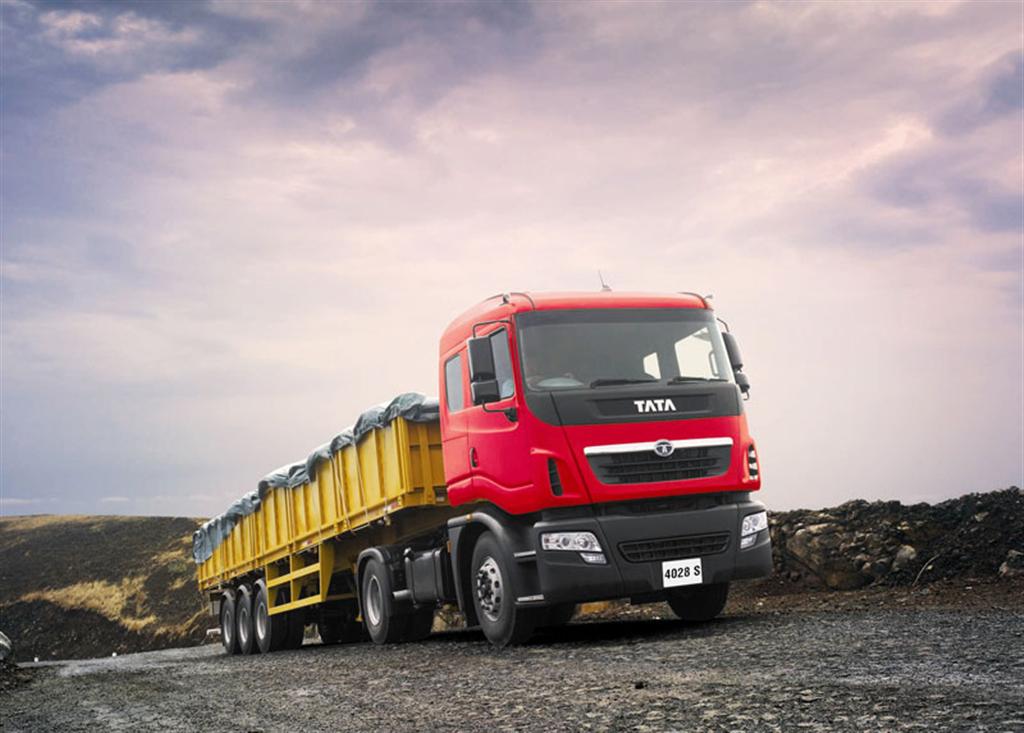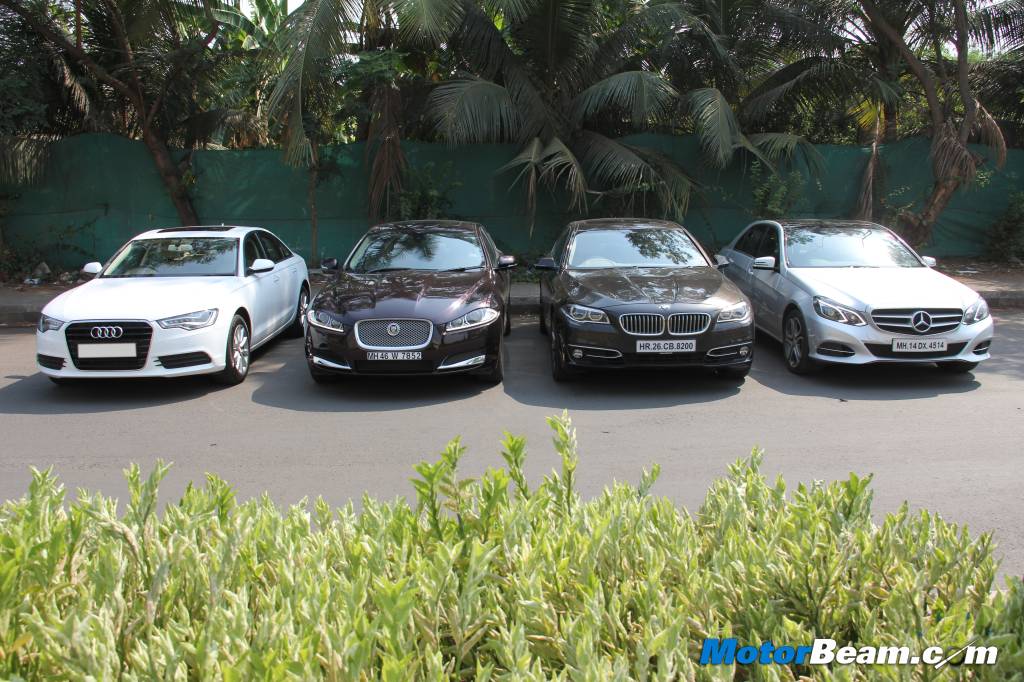In a welcome move made by the government, anti-lock braking system (ABS) will be made compulsory on all new models of commercial vehicles starting from April 2015. The move is certainly a long leap into making our accident prone roads safer than before. The government will be giving manufacturers an additional six months starting from April, next year to fit the ABS system in new commercial vehicles. While ABS has not been made compulsory on passenger vehicles, most of the manufacturers offer it as an optional or standard feature.
India tops the list for deadly accidents globally. Around 1.42 lakh people were killed in 2012 in around 5 lakh accidents, which boils down to one death on the road in every four minutes. As alarming as the situation is, very little has been done in terms of additional safety equipment to make vehicles safer. The lack of basic safety systems like airbags was also brought to light earlier this year after Global NCAP released its results on five popular Indian cars, which failed to pass safety crash tests.
ABS prevents the vehicle from locking-up in case of hard braking and prevents the driver from losing control of the vehicle that could cause a skid. The ABS system regulates the brake pressure at each wheel continuously and ensures that all the wheels hold up at the same rate, irrespective of the varying levels of traction. The conclusion is a more control and effective stop and reduced braking distance.
After seat belts in the late 1990s, ABS is the second major safety equipment that India has made compulsory on vehicles. The addition of ABS system will also hike up the prices of commercial vehicles by a significant margin. Experts suggest that the cost of installing ABS could be around Rs. 50,000-75,000/- varying on the model and type of vehicle. Customers may have to pay around Rs. 1 lakh extra on new commercial vehicles with ABS. Apart from ABS, the ministry of road transport and highways is also contemplating safety features like airbags, traction control and heads up display on vehicles.
A common feature in developed nations, the inclusion of ABS as standard is a welcome move for the overall safety of our roads. Around 30 percent of the accidents that occur have trucks, buses and multi-axle tractor-trailers involved, which could have been averted courtesy of effective safety systems on commercial vehicles. A positive move by the government, we do expect to see more reforms being taken to make passenger vehicles safer as well.






